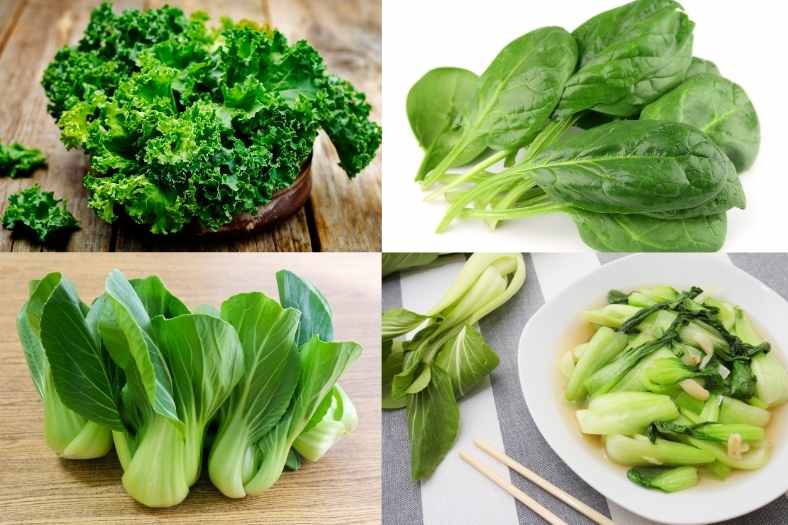Researchers from Edith Cowan University (Australia) indicate that eating green vegetables regularly can help reduce blood pressure, especially in middle-aged and elderly people.
Adding about four servings of cruciferous vegetables (broccoli, cabbage, kale) to your daily diet for two weeks can significantly reduce systolic blood pressure.

Cruciferous vegetables contain large amounts of glucosinolate compounds. When chopped or chewed, they break down into bioactive compounds such as sulforaphane. Previous studies have shown that these compounds have anti-inflammatory and antioxidant properties that may improve heart health, but most people don’t eat enough cruciferous vegetables.
The study involved 18 people aged 56 to 72 with mild hypertension. They were divided into two groups: one that consumed a diet rich in cruciferous vegetables and one that consumed a control diet.
Participants ate about 300g of cruciferous vegetables every day, including broccoli, kale, cauliflower and cabbage, for two weeks. These vegetables were prepared into two soups, one for lunch and one for dinner.
The other group ate equal amounts of other vegetables such as potatoes, sweet potatoes, carrots and pumpkin, also in soup form. Both groups wore automatic blood pressure cuffs day and night to monitor their blood pressure.
After two weeks of eating cruciferous vegetables, participants saw an average reduction in 24-hour systolic blood pressure of 2.5 mmHg, with a more significant reduction of 3.6 mmHg during the day, according to a Study Finds report. While 2.5 mmHg may seem small, even a small reduction in blood pressure can help prevent heart disease and stroke.
The study also found that people who ate cruciferous vegetables had lower blood triglyceride levels than those who ate root vegetables and squash. High triglycerides are a risk factor for heart disease. This finding suggests that cruciferous vegetables may not only help lower blood pressure, but may also benefit heart health.











